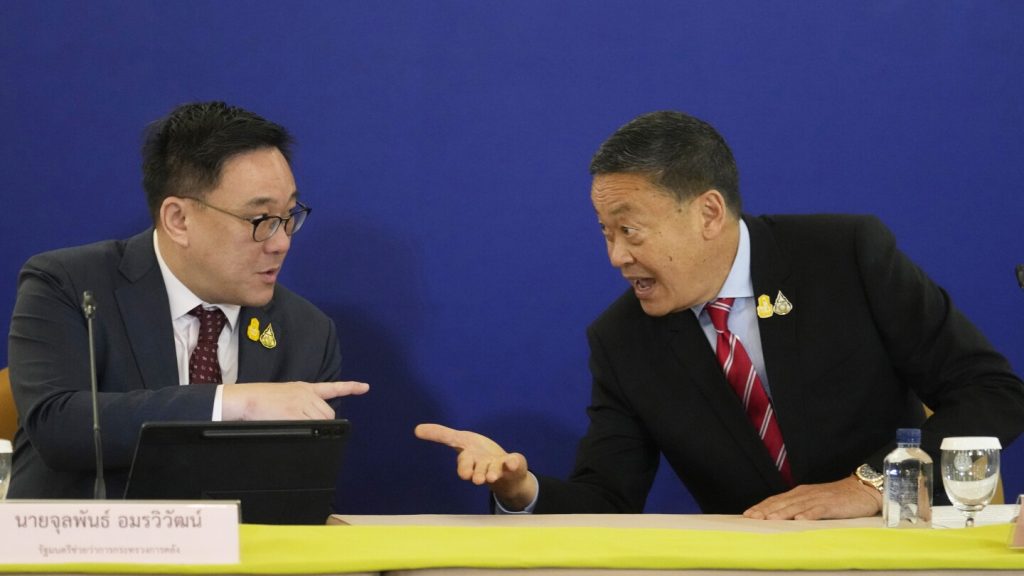Prime Minister Announces Ambitious Plan
Paetongtarn Shinawatra Outlines Multi-Phase Strategy
Prime Minister Paetongtarn Shinawatra has revealed a comprehensive economic stimulus package worth 453 billion baht (approximately $13.4 billion) aimed at reinvigorating Thailand’s economy. The government’s flagship initiative, known as the “digital wallet” scheme, forms a central part of this strategy, with plans to distribute 10,000 baht to eligible Thai citizens through a smartphone application for local spending.
Phased Implementation Approach
Initial Rollouts Target Specific Demographics
The stimulus package is being implemented in phases, with the first two phases already completed. The initial phase, launched in September 2024, provided cash handouts to 14.5 million recipients, primarily state welfare cardholders and people with disabilities. The second phase, initiated in late January 2025, extended payments to an additional 3 million elderly citizens aged 60 and above.
Digital Wallet: The Next Frontier
Tech-Savvy Youth to Pilot New Platform
The government is now preparing for the third phase of the stimulus program, which will mark the debut of the digital wallet platform. This phase will initially target approximately 2.7 million Thai citizens aged 16 to 20, chosen for their familiarity with technology. The rollout is expected to commence between the late second and early third quarters of 2025, pending further evaluation of its efficiency and long-term economic impact.
Expansion Plans and Reassurances
All Age Groups to Benefit in Future Phases
Addressing concerns from working-age citizens who felt overlooked, Prime Minister Shinawatra has assured that individuals aged 21 to 59 will receive their 10,000-baht economic stimulus handout in later phases of the scheme. The government’s decision to start with younger demographics is part of a strategy to test and refine the digital wallet system before expanding it to broader population segments.
Economic Growth Targets
Aiming Beyond 3% GDP Increase
Thailand’s government has set an ambitious goal to boost economic growth beyond 3% for the year 2025. This target comes in the wake of a 2.5% growth rate in 2024, which, while an improvement from the previous year’s 2%, fell short of the government’s 2.7% target. The stimulus package is expected to play a crucial role in achieving this higher growth rate.
Comprehensive Economic Strategy
Addressing Multiple Economic Drivers
Beyond the digital wallet initiative, the government’s economic stimulus policy committee has reviewed progress on 46 stimulus projects. These projects cover key economic drivers including private consumption, private investment, government spending, and exports of goods and services. The administration is focusing on proposing and refining these economic stimulus projects to address both immediate needs and long-term structural challenges.
Fiscal Injection and Export Goals
Additional Funds Allocated for Economic Boost
The government has earmarked up to 150 billion baht (approximately $4.4 billion) for immediate stimulus efforts, to be utilized by the end of the third quarter. Additionally, there’s a push for export growth exceeding 4%, with the potential benefit of a weaker baht supporting this objective. These measures are part of a broader strategy to revitalize an economy that has faced challenges since the pandemic.


